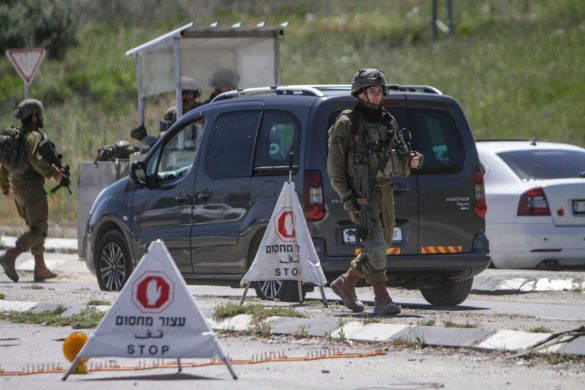Geneva, 1 March 2010 (UNHCR): Like many Iraqi refugees forced from their homeland by war and sectarian conflict, Murtada hopes parliamentary elections on March 7 will restore security to Iraq to facilitate the safe return of hundreds of thousands of Iraqis living in host countries across the Middle East.
Iraqi refugees in Jordan, Lebanon, Syria and Egypt are divided on whether to participate in Iraq’s coming parliamentarian elections. Many Iraqi refugees registered with UNHCR are skeptical the polls will end the abductions, killings and suicide bombings that drove them out of their country.
Many prefer either to remain in the host countries or seek resettlement to third countries. Return to Iraq under insecure and unstable conditions is not an option for many Iraqi refugees.
– If Iraq was safe, we would return today. Unfortunately the dangerous security situation has forced us to seek refuge outside Iraq. We are not optimistic the election will bring about security, but I’m hopeful my vote will make a difference and lead to change, said Murtada, 26, an Iraqi refugee in Lebanon.
Threats and attacks made Murtada flee in 2004 to Lebanon, where he registered as a refugee at the UNHCR office in Beirut.
– I was losing hope of resettlement and faced harsh conditions without a residency permit in Lebanon, so I took the risk and returned to Iraq in 2009, he said, adding: – One week later I was abducted and beaten up, and a month later my wife was killed in a suicide bombing. I fled again and decided I would not return until Iraq was a secure place to live in.
As the end of 2009, UNHCR had on its records some 300.000 Iraqis who had registered and are believed to still be in the region, including more than 210.000 in Syria. Close to 190.000 are of voting age. In addition, host government sources indicate the total number is much higher, as hundreds of thousands do not register with UNHCR for a variety of reasons.














